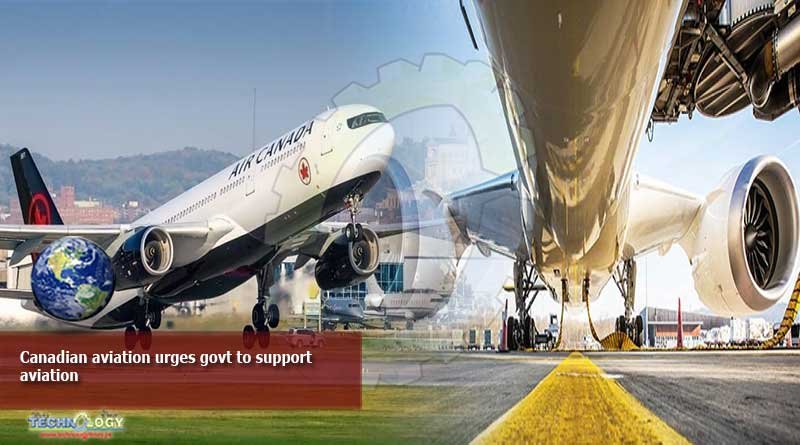Canadian aviation analyst says it is time for govts to work together to reestablish global connectivity, facilitate restart of aviation

Since Covid-19 has had such a dramatic impact on the aviation and aerospace sectors, and since recovery is not expected for several years, there is a need for governments to develop hybrid models that support these sectors, including through specific interventions and longer term support. These industries face fundamental transformations, and so multi-stakeholder response must be dynamic, comprehensive, and might involve both regulatory and operational elements. Whether we speak of emerging markets such as Pakistan or the developed world, governments need to focus on the financial viability and regulatory structures of the aviation and aerospace sectors.
These were some of the recommendations shared by Professor Dr Karl Moore, a senior Canadian aviation analyst and Associate Professor at McGill University, Canada while speaking on the webinar “Global Aviation & Aerospace in a Post-Coronavirus World” organised by the Centre for Aerospace and Security Studies (CASS), in Islamabad on Friday. While providing a bird’s eye view of the airline and aviation industry outlook based on interviews with aviation executives and his own experience, Prof. Moore stressed that it is going to be challenging for the airline industry around the world until Covid-19 health concerns improve and the global economy recovers. He was of the view that it is time for governments to work together to re-establish global connectivity and facilitate the re-start of aviation. In this regard, he shared the International Air Transport Association (IATA)’s action plan including developing an agreed common framework for states to use in coordinating the safe reopening of their borders to aviation; and developing Covid-19 testing measures that will enable re-opening by reducing the risk of virus importation to what is acceptable to public health authorities with accuracy, speed and scalability that also meet the exacting requirements for incorporation into the travel process. “The future of the aviation industry depends on continued collaboration amongst airport operators, airlines and policymakers,” he stressed. However, such collaboration was a long way from happening given domestic imperatives. “There are going to be some airlines that go bankrupt, and they are going to need a lot of government support to stick around,” Professor Moore warned.
In his introductory remarks, Dr Usman Chohan, Director at CASS pointed out that one of the economic sectors most gravely affected by the coronavirus pandemic has been the global aerospace sector. The public health and economic effects of the virus and concomitant lockdowns has translated into grounded aircraft, falling commercial passenger traffic (down by – 40% in some cases), closed airports, massive layoffs, and reduced business activity (up to half of pre-COVID levels). He informed that although some governments have attempted to protect their flag carriers with billions of dollars in stimulus, aviation companies themselves forecast severe declines as late as 2023-25.
Earlier, welcoming the participants to the webinar, Air Chief Marshal Kaleem Saadat (Retd.), President, CASS, said that the impact of the Covid-19 pandemic has been incalculable and it continues to remain so with the mightiest of the mighty like India and the United States having fallen prey to it. He said that while the aviation, tourism and education sector had been hard hit, others in areas like e-commerce had flourished with the increasing need for online work platforms. Sharing the latest figures, President Saadat said that airline passenger revenue loss estimates now reach USD 314 billion globally. “The international airline industry is estimated to experience a severe V- shaped decline throughout 2020 in terms of capacity, with cross-regional variances with respect to the severity of the decline. Such uncertainty leads to bad business,” he remarked.
During the interactive Question/Answer session, Professor Moore said that the pandemic has blindsided much of the corporate world, and this will not be the last time that the world sees a “black swan” affect the economy. He lamented that despite the fact that the pandemic had cratered demand and hit the aviation sector beyond anything imaginable, the desired political will to find creative, collaborative solutions was lacking. “Just as 9/11 caused massive changes in security protocols at airports, Covid-19 will also lead to lasting changes in air travel evolution,” he concluded.
The article is originally published at daily times.
